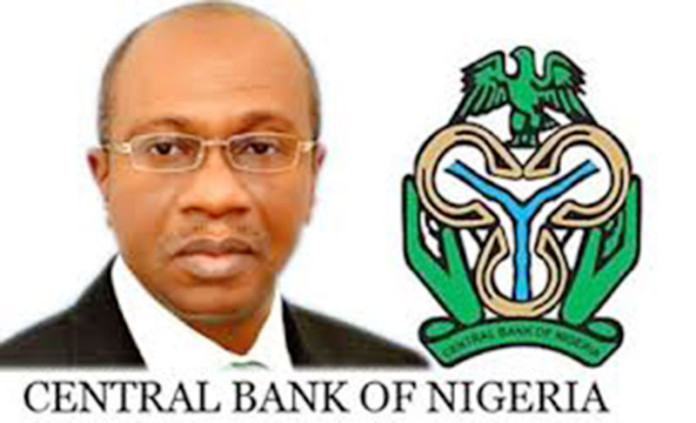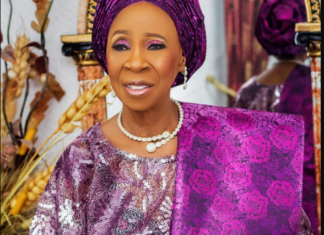As Nigeria grapples with stagflation and seeks creative ways out of the quagmire, a new glimmer of hope may be on the horizon if the Federal Government fully implements the spirit and letter of the Coastal and Inland Shipping (Cabotage) Act 2003.
The Governor of the Central Bank of Nigeria (CBN), Mr. Godwin Emefiele, disclosed this in Lagos.
At the Annual Bankers Dinner on “Policy Options for Reversing Nigeria’s Economic down turn,” Emefiele disclosed that the county could generate as much as N2 trillion annually from full implementation of the Cabotage regime.
Contributing, maritime expert, Sylvanus Ekpo, pointed out that the Nigeria Maritime Administration and Safety Agency (NIMASA), the apex regulatory maritime agency in the country, essentially focused on the rigorous pursuit and development of indigenous shipping capacity, particularly vessels acquisition and shipbuilding, the pursuit of sustainable human capacity development, the development of integrated operational capacity to enable the agency effectively discharge its coastal, flag and port state responsibilities.
“NIMASA also carries out maritime security of the nation’s
territorial waters including West and Central Africa. That is the reason it set up the Maritime Guard Command at its headquarters in Apapa, in collaboration with the
Nigerian Navy (NN) and other arms of the armed forces to carry out surveillance.
“Sad to say, not much has been accomplished in 13 years and stakeholders across the nation’s maritime divide are shocked at the inability of NIMASA to rise up to the occasion,” he said.
On a way farward for the maritime industry, the Executive Chairman of LADOL, Chief Oladipupo Jadesimi, said, “We have a lot of rolling plan for development, but we are always very short of methodical articulation”.
But, Emefiele was confident that implementing Cabotage would fulfill all righteousness as it would be in line with the aspirations of the Nigerian Content Development Act.
According to the apex bank governor, “Not only will Cabotage raise the country’s revenue profile, it will also spur job creation, capacity building and significant backward integration.” Analysts, however, are of the opinion that the CBN chief’s optimism may be misplaced in light of current realities. It would seem like cabotage was “dead on arrival” when it was launched in 2003.
The implementation agency, NIMASA, was engulfed in leadership crisis. Therefore, the indigenous operators who could not have exclusive opportunities to run the coastal trade because of lack of vessels surrendered their privilege to foreigners.
According to investigations in 2011, there were 457 foreign vessels and only 18 belonged to Nigerians. Today, the number has gone up to 600 for foreigners and only about 60 for Nigerians.
In the Cabotage trade, the foreign vessels are on a time charter contract of between $2000 and $100, 000 many of which are unknown to NIMASA because of inadequate patrol boats to patrol the waters. Currently, many of NIMASA’S boats are unable to operate at the high seas where the waters are boisterous and strong.
The Nigeria Ship Owners Association of Nigeria (NISA) and Shipowners Association of Nigeria (SOAN) which are major stakeholders in the business, have continued to worry about the inability of NIMASA to check the in-roads made into the Cabotage regime by foreigners.
In 2009, ISAN went a step further to arrest foreign vessels on the nation’s coastal routes, citing the lack-lustre attitude of NIMASA towards the whole affair.
The current Director General of NIMASA, Dr. Dakuku Peterside, may have offered to see to the implementation of the Cabotage regime but all signs point to the fact that the Cabal “running things” will not let go.
Crude oil lifting which amount to millions of dollars annually are given to foreigners by the Nigerian Natinal Petroleum Corporation (NNPC) and the excuses given to indigenous operators are that their vessels do not meet the required
standards. The International Oil Companies (IOCs) are fully entrenched in the system and may have fully compromised the system.
It will take the moral high ground of President Buhari’s government to release the Cabotage regime from the reflexes of foreign interest operating in our waters to free the much needed resources to get the country out of the woods.
Politicians are the cause of youths unrest.













